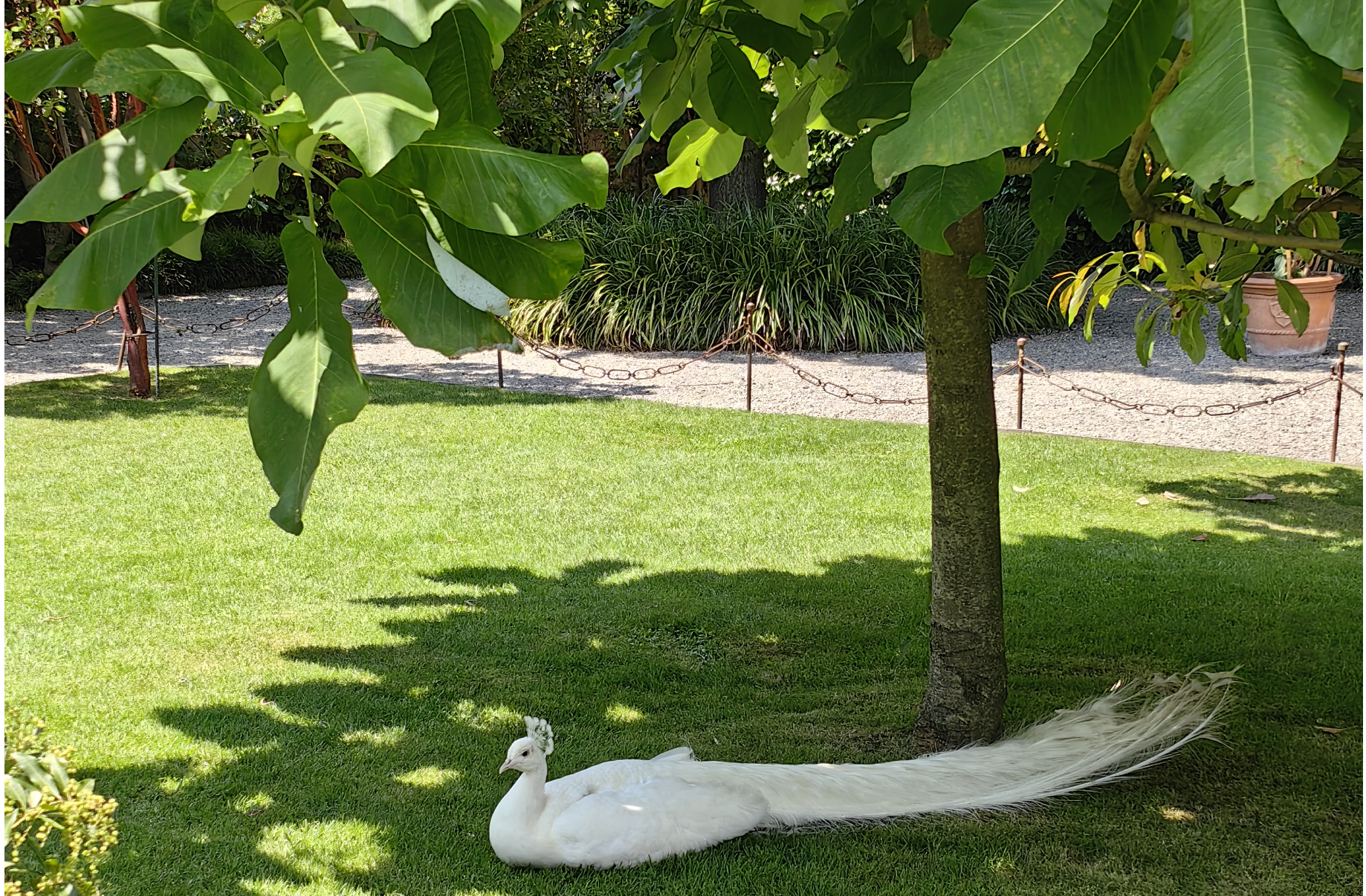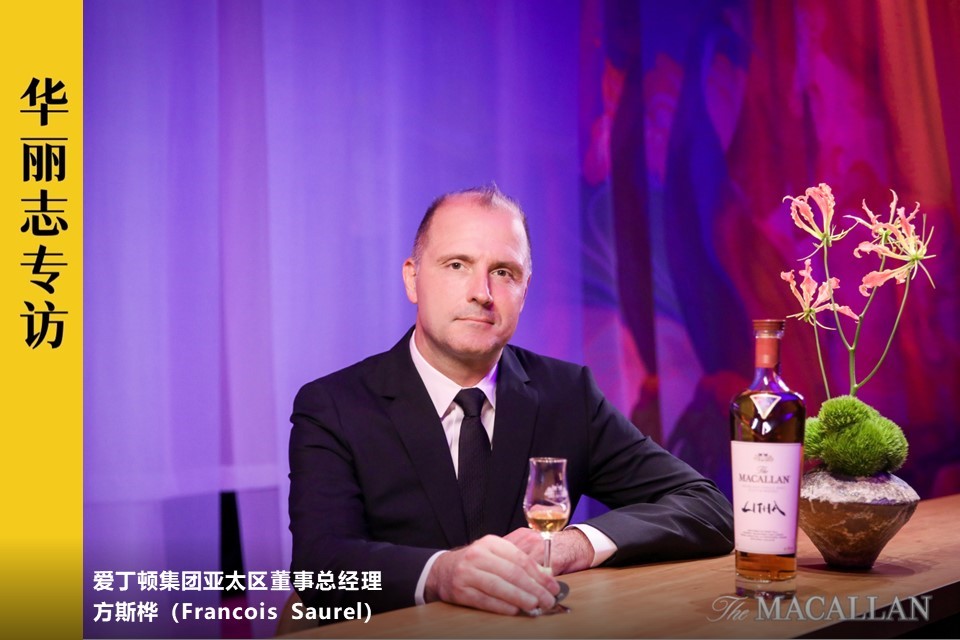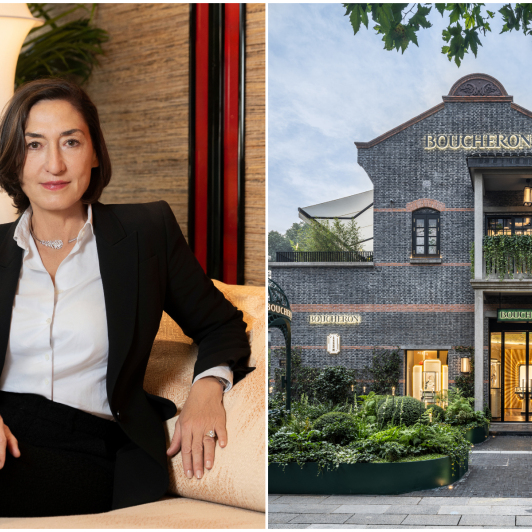%E5%9C%86%E5%BD%A2.png)
Investment is not easy,
Investing in fashion is particularly challenging!
That is because this is a unique investment field that requires independent thinking, long-term accumulation, and comprehension.
Clothing, footwear, handbags, jewelry, watches, perfumes… These niche tracks have been present in human civilization for hundreds or even thousands of years, yet they continue to emit a fresh and enticing allure. Each company and brand’s potential value in this field requires constant verification over time, and the scales of risk and opportunity often swing up and down.
Furthermore, there are many opposing forces intertwined in this domain, such as the virtual and real, fast and slow, appearance and essence, science and art, emotion and data, making it dazzling and even intimidating. However, the charm of fashion investment lies precisely in these complexities.
As early as three years before the establishment of Luxe.CO in 2013, I began systematically tracking and researching investments and acquisitions in the global fashion, luxury goods, and lifestyle industries. Over the past decade, I have covered thousands of transactions and had the privilege of engaging in in-depth exchanges with numerous frontline entrepreneurs and investors, repeatedly deducing the logic of fashion investment and paths to discovering value.
The book “The Tiffany Deal” published at the end of 2022, was China’s first systematic study of the commercial history and investment and acquisition practices of top luxury brands. However, the 200,000 words in that book only scratched the surface of my research work over the past decade.
After three years of experiencing the challenges posed by the pandemic, as the Luxe.CO Luxury Goods Stock Index reaches historic highs following a graceful V-shaped reversal, I deeply believe that fashion investment will usher in entirely new development opportunities, and more outstanding entrepreneurs and investors worldwide will join in. Therefore, on the 10th anniversary of Luxe.CO’s launch, starting from July 2023, I officially opened a paid column called Fashion Investment Research, focused on fashion (priced at 7,198 yuan per year).
I will publish two articles per month through the Fashion Investment column on the Luxe.CO website/app, sharing exclusive research results from myself and the Luxe.CO investment research team. I will conduct in-depth analyses of key brands, companies, niche tracks, and investment transactions. Moreover, I will present sharper viewpoints on the pitfalls and opportunities of fashion investment, inviting everyone to explore with a more proactive and professional attitude: how to discover value and create value in the field of fashion investment.
Alicia Yu, CFA
Founder/CEO of Luxe.CO, Chief Analyst
Today (July 27, 2023) coincides with the 16th anniversary of the listing of Canadian yoga brand Lululemon.
Based on Lululemon’s prospectus in 2007, the company’s financial reports over the years, the brand founder’s autobiography, and interviews with key investors, along with my research on North American fashion brand acquisitions in the early 21st century, I will comprehensively interpret the causes, consequences, and details of Lululemon’s only private financing before going public.
The following is an excerpt from this article. To read the full text, we invite you to sign up and become a Luxe.CO Fashion Investment Research member.
*Note: Full text is written in Mandarin.
Luxe.CO Fashion Investment Research Column | Lululemon Investment Revelations (This article is originally 9,482 words long in Mandarin).

… …
As I mentioned in the first article of this column, when it comes to growing startups and niche tracks, the most sensitive and quick players are often strategic investors who have been deeply involved in the industry for many years. In 2004, only six years after Lululemon’s founding and just as the brand was gaining recognition, the American lingerie giant Victoria’s Secret expressed its interest in acquiring it.
… …
From Lululemon’s founding in 1998 to the 2002 fiscal year (ending in January 2002), the brand held its only store located in the Kitsilano community of Vancouver, Canada, with estimated annual revenue of around a million US dollars. All of the startup capital came from selling off the previous venture (the leisure outdoor brand Westbeach), leaving Chip Wilson with a net sum of $800,000 after taxes.
… …
As negotiations deepened, Chip Wilson became increasingly convinced that he was seeking not just money but also a cultural fit and the preservation of the company’s independence. It was evident that a controlling stake investor was not suitable, and private equity funds inclined toward minority investments became the better choice, even though they might be tougher negotiators and offer relatively lower valuations.
… …
In terms of products and sales, which he was familiar with and had over 20 years of experience in, Chip Wilson remained composed and unwavering. However, when it came to the unfamiliar territory of financial investment and corporate governance, he admitted to being ignorant and naive. He had little knowledge of how private equity funds operated, their requirements regarding investment horizons and exits, and to avoid being entangled in these details, he entrusted them entirely to a mediocre local investment bank in Vancouver. His sole intention was to retain majority control while obtaining the funds, resources, and talent support of these large institutions. However, he was unprepared for the shift in the balance of power that would come along with it.
…
After being forced out due to board turmoil in 2014, Chip Wilson still holds 8.3% of Lululemon’s shares (as of May 19, 2023). The value of this portion of the equity has now reached $4 billion, far exceeding the total sum he received from previous private financing, IPO, and the sale of half of his stake to the Advent Fund in 2014.
…
More columns:
Luxe.CO Fashion Investment Research Column | Investing in Fashion, Do you have Skin in the Game? (This article is originally 5,807 words long in Mandarin).

The author photographed on the island of Bella, Italy.



